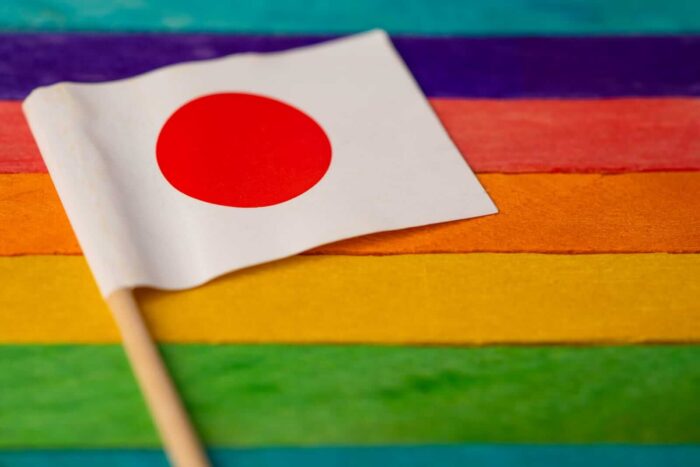
By Rochelle Kopp, Managing Principal, Japan Intercultural Consulting
The young American employee had joined a Japanese company in the U.S. Soon afterward, she participated in a meeting where a senior-level Japanese executive was present. Acting in the way that had been not only accepted, but encouraged, at her previous American employer, she directly challenged the senior executive when he said something that she disagreed with. All the participants were shocked, because she had violated an unwritten rule of Japanese culture, which had become rooted in the company’s U.S. operations as well. That rule is “never disagree with a senior person in a group setting such as a meeting.” The executive was extremely displeased at being challenged in this way by a very junior employee, and reacted angrily, which in turn was upsetting to the American employee.
In American culture, there is an underlying assumption of equality, that even people of different ranks are basically the same and should be treated in a similar way. Thus, even someone who is higher than you in the hierarchy is someone who is ok to disagree with. However, Japan along with other Asian cultures has the concept of “face” (mentsu). To disagree with someone in public, thus causing them embarrassment, is to make them “lose face” (mentsu wo ushinau). On the other hand, something that helps to build up a person in front of others can be said to “give face” (kao o tateru). The VIP treatment that Japanese are so good at giving to honored guests and high-ranking people can be seen as an example of “giving face.”
The desire to avoid causing loss of face for oneself, one’s organization, or for others can be said to be the motivation behind many things that Japanese organizations do that are puzzling to Americans. For example, some Americans report that Japanese companies seem reluctant to admit mistakes or discuss problems publicly. Or that Japanese will avoid expressing disagreement with their boss, even if what the boss is proposing is something that they think is not a good idea. Or that Japanese stationed overseas will avoid criticizing the parent company even when, in the eyes of American employees, such criticism is clearly deserved. The persistent fear of loss of face is behind these otherwise inexplicable behaviors.
The instinct to preserve face is something so ingrained in Japanese culture that many Japanese are not aware that it influences their behavior. It’s not something that Japanese often talk about – it’s just that when it comes to the realm of face, the warning bells automatically start to flash.
“Face” was not a concept that even existed in English before westerners encountered Chinese and Japanese cultures in the 19th century. American and other western cultures tend to put a lot of focus on straightforwardness — “telling it like it is” and “calling a spade a spade.” Worrying about someone’s feelings – which is basically what “face” is –is not something that is considered to have the first priority in western business culture. Rather, facts and the truth are given the highest degree of emphasis, feelings be damned. What many Americans fail to realize when working with Japanese, however, is that failure to pay attention to matters of face can cause such offense that it may completely sour the business matter at hand. In other words, feelings truly are important.
This article originally appeared in Asahi Weekly.
Related articles
Navigating Personal Questions in Japan as an Openly Gay Business Traveler
With more businesspeople visiting Japan recently, I’ve had the same question come up from more than
10. What a Difference a Vowel Makes 【Column: Leap Before You Look】
Have you noticed when posing for photos, Japanese people often strike the “peace” sign, also known a
9. Bamboozled by Gobblydygook 【Column: Leap Before You Look】
Learning another language is a 終わりのない探求 (never-ending quest). Colorful idioms can often 煙に巻く (




